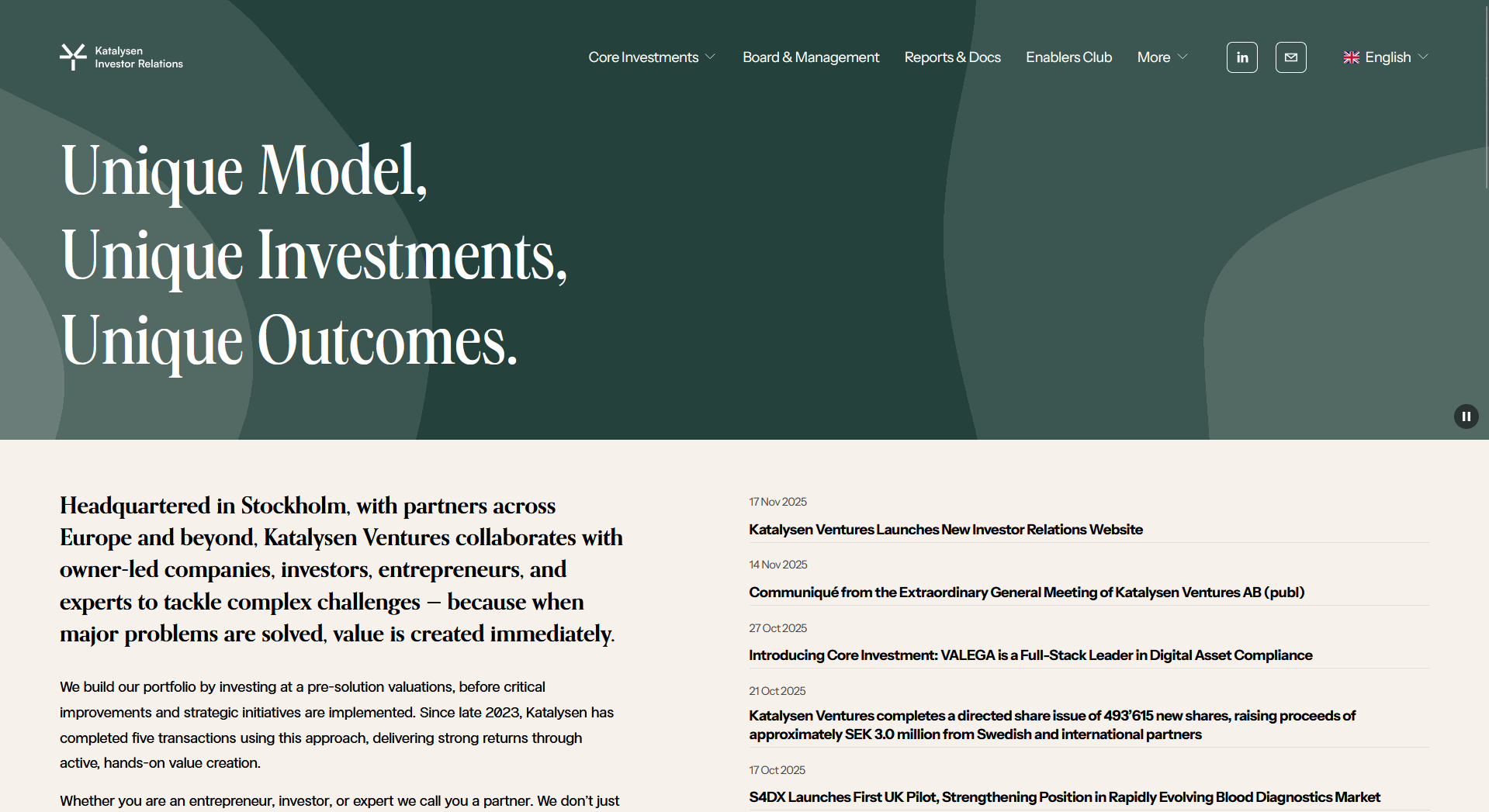Food waste is a pressing issue in Europe, contributing significantly to environmental degradation and economic inefficiencies. According to the Food and Agriculture Organization (FAO), approximately one-third of all food produced globally is wasted, and Europe is no exception. This waste occurs at all stages of the food supply chain, from production and processing to retail and consumption. However, companies like Meal Makers are stepping up to address this challenge by applying tried and tested models in new, innovative ways.

The Scale and Economic Impact of Food Waste
In Europe, it is estimated that around 88 million tonnes of food are wasted annually, costing approximately €143 billion. This waste occurs due to various reasons, including overproduction, supply chain inefficiencies, stringent retail standards, and our behaviour as consumers. The environmental impact is profound, with wasted food contributing to an estimated 8-10% of global greenhouse gas emissions.
- Household Waste: Approximately 53% of the total food waste occurs at the household level, costing an estimated €98 billion annually.
- Food Processing and Manufacturing: This sector accounts for 19% of the total food waste, costing an estimated €27 billion.
- Food Service Sector: Contributes 12% to the total food waste, costing an estimated €17 billion.
- Retail Sector: Responsible for 11% of food waste, costing an estimated €15 billion.
- Primary Production: Adds another 5%, costing an estimated €7 billion.
Globally, the cost of food waste is estimated at approximately $1 trillion annually, encompassing direct economic costs, environmental impacts, and waste management expenses. In the United States alone, the cost of food waste is about $218 billion annually.
The Food Supply Chain in Short
The food supply chain comprises several stages, each contributing to the problem:
- Production: Crops may be left unharvested due to market conditions, cosmetic imperfections, or overproduction.
- Processing: Food waste can occur due to inefficiencies, quality control measures, and by-products not being utilized.
- Distribution: Improper handling, inadequate storage facilities, and transport delays can lead to spoilage and waste.
- Retail: Retailers often discard food due to aesthetic standards, overstocking, and expiration dates.
- Consumption: Over-purchasing, improper storage, and lack of meal planning contribute to significant waste at the consumer level.
Meal Makers in Short
While there are several well known startups in the Nordics that focus on the retail and consumption stages of the supply chain, fewer ventures have the experience and network required to address this challenge on the production-processing-distribution level. Katalysen portfolio venture Meal Makers is one such venture, which is making fantastic progress when it comes to tackling food waste before it reaches consumers. By acting as a digital wholesaler and marketplace, Meal Makers enables B2B transactions where restaurants and canteens purchase discounted surplus food directly from producers. This not only reduces food waste but it also allows kitchens, especially those operating under tighter budgets such as public schools and hospitals, to get more for their money.
Meal Makers' great traction includes:
- Over 850 customer accounts, including municipalities and chains like the City of Gothenburg and Sodexo.
- More than 90 supplier accounts, featuring major manufacturers like Unilever and Orkla Foods.
- Over 500,000 kilograms of food saved from waste.
- Significant financial growth with a forecasted turnover of 16-20 MSEK in 2024.
The venture aims to expand its operations to more European markets by 2025, seeking strategic partnerships and funding to scale its impact. For more information about Meal Makers and their journey, reach out on the below contact information and visit Meal Makers.
Contact Information
Christian Pettersson, CEO
Email: christian@mealmakers.se
Phone: +46 765451139




